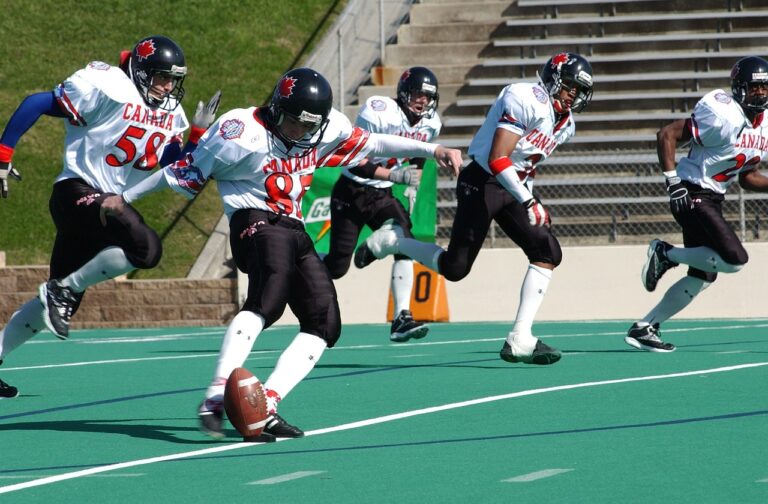Cricket Player Representation: Duties and Ethical Considerations for Agents: 11xplay pro, Tiger 247 login, Betbook
11xplay pro, tiger 247 login, betbook: Cricket Player Representation: Duties and Ethical Considerations for Agents
Representing cricket players as their agent comes with a set of responsibilities and ethical considerations. Agents play a crucial role in a player’s career, negotiating contracts, endorsements, and other opportunities on their behalf. In this blog post, we will discuss the duties of cricket player agents and the ethical considerations they must adhere to.
Player Representation Duties
1. Contract Negotiations
One of the primary duties of a cricket player agent is negotiating contracts with clubs, leagues, and sponsors on behalf of their clients. Agents must ensure that players are fairly compensated for their skills and performance on the field.
2. Endorsements and Sponsorships
Agents are also responsible for securing endorsement deals and sponsorships for their clients. This includes negotiating contracts, managing relationships with sponsors, and ensuring that players fulfill their obligations under the agreements.
3. Career Management
Agents play a key role in managing the careers of their clients, helping them navigate the complexities of professional cricket. This includes advising on career decisions, handling media relations, and providing support during difficult times.
4. Financial Planning
Agents are often involved in financial planning for their clients, helping them manage their earnings and investments wisely. This includes budgeting, investing, and planning for life after cricket.
5. Legal and Compliance
Agents must ensure that all contracts and agreements adhere to legal and regulatory requirements. They must also ensure that their clients comply with all rules and regulations set by governing bodies such as the International Cricket Council (ICC).
6. Personal Branding
Agents help their clients build and promote their personal brands, both on and off the field. This includes managing social media accounts, creating marketing campaigns, and building relationships with fans and sponsors.
Ethical Considerations for Agents
1. Conflict of Interest
Agents must act in the best interests of their clients at all times and avoid any conflicts of interest. This includes not representing both sides in a negotiation and not accepting gifts or incentives that could compromise their judgment.
2. Transparency
Agents must be transparent with their clients about all aspects of their representation, including contracts, endorsements, and financial matters. They must also disclose any potential conflicts of interest to their clients.
3. Confidentiality
Agents must maintain the confidentiality of their clients’ personal and professional information. This includes not disclosing sensitive information to third parties without the client’s consent.
4. Professionalism
Agents must conduct themselves professionally at all times, adhering to ethical standards and practices. This includes treating all parties with respect, honesty, and integrity.
5. Accountability
Agents are accountable to their clients for their actions and decisions. They must be prepared to explain and justify their decisions, and take responsibility for any mistakes or errors.
6. Continuing Education
Agents must stay informed about the latest developments in cricket, sports management, and legal and regulatory issues. They should also seek out opportunities for professional development and education.
FAQs
Q: How do I become a cricket player agent?
A: To become a cricket player agent, you will need to have a thorough understanding of the game, excellent negotiation and communication skills, and a network of contacts in the cricket industry. You may also need to complete relevant training and certifications in sports management and contract law.
Q: How do cricket player agents get paid?
A: Cricket player agents typically earn a commission on their clients’ contracts and endorsements. The commission rate can vary, but it is usually around 10% of the total earnings.
Q: Can a cricket player have more than one agent?
A: It is not common for a cricket player to have more than one agent, as this can create conflicts of interest and complicate negotiations. However, some players may have separate agents for different aspects of their career, such as contract negotiations and endorsements.
In conclusion, representing cricket players as their agent is a demanding but rewarding role. Agents must fulfill their duties with professionalism, integrity, and transparency, while adhering to ethical standards and considerations. By doing so, agents can help their clients achieve success and fulfillment in their cricket careers.







